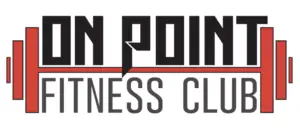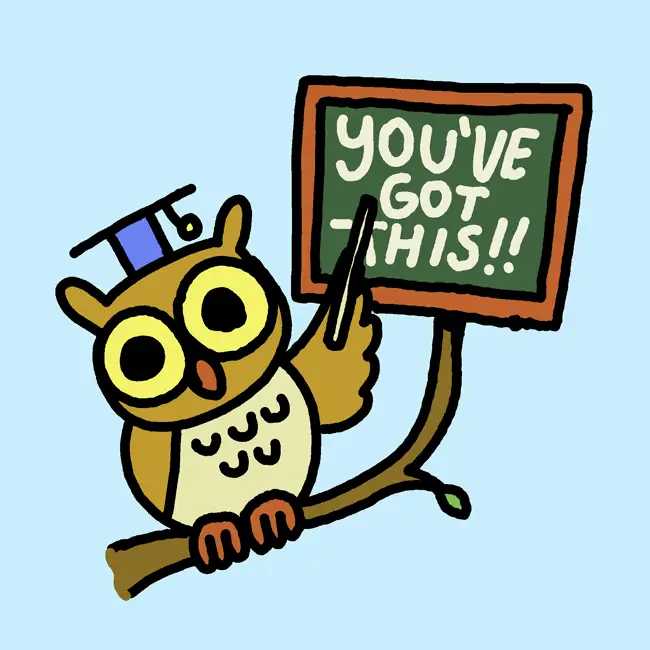We’ve all been there: After a long day of work, training, and convincing yourself that “one more episode” won’t hurt, you finally crawl into bed exhausted. You’re ready to drift off… except you don’t. Instead, you’re lying there, staring at the ceiling, wondering if you accidentally inhaled an espresso.
What gives? Why can’t you just fall asleep when you’re so tired?
While there are many factors that can interrupt your precious sleep, let’s focus on two of the main ones that are in your control:
1️⃣ Eating Too Close to Bedtime (Especially Sugar & Simple Carbs)
Busy schedules often push dinner later and later, and that post-dinner snack can seem harmless. But here’s the problem: eating high-sugar or high-carb foods within 90 minutes to 2 hours of bedtime can spike your blood sugar, triggering an insulin response. This insulin spike then blocks melatonin, the hormone that helps you fall asleep.
Translation: That late-night ice cream could be why you’re tossing and turning.
If you do end up eating late, help your body out by taking a short walk, stretching, or maybe participating in, ahem, “other” bedtime activities (wink). These light activities help bring insulin levels back down so melatonin can get back to work.
2️⃣ Blue Light Before Bed
Scrolling on your phone, watching Netflix, or checking just “one more email” before bed might feel relaxing, but the blue light from screens is blocking your melatonin release, making it harder to fall asleep. Blue light also keeps your brain active when it should be powering down for deep sleep.
If you want to avoid a “looooong night” of ceiling-staring, try turning off electronics an hour before bed. If you can’t, at least turn on a blue light filter or lower your screen brightness.
6 Sleep Habits to Master Your Recovery
Sleep is your superpower- recovery, hormones, and performance all depend on it. Quality sleep is the cheapest, most powerful recovery tool you have. Here are six sleep habits you should try to get a better night’s sleep:
✅ Talk about it more. Please encourage your family, friends, and teammates to prioritize it. Stay in bed longer. Take naps.
✅ Make your room cold (65-68°F). It’s easier to add blankets if you get chilly, and a warm shower 1-3 hours before bed can help your body ease into a lower temperature for deeper sleep.
✅ Make your room dark. Ditch tech, blue lights, and bright lights. Darkness is your friend.
✅ Get sunlight in the morning. Andrew Huberman often talks about this: morning sun exposure helps set your circadian rhythm for better sleep at night.
✅ Sleep before midnight. Every hour of sleep before midnight is worth two after midnight. Let’s be real, nothing productive happens after midnight anyway.
✅ Stay consistent. Go to bed and wake up at the same time every day, even on weekends.
The Bottom Line
If you’re serious about performance, mental sharpness, and feeling like a functional human, sleep should be at the top of your priority list. Control what you can:
🥗 Watch your late-night meals.
📱 Limit blue light exposure before bed.
🛌 Build habits that create a sleep-friendly environment.
Sleep is the simplest recovery strategy we have—and it’s free. Use it.
Here’s to a better night’s sleep tonight,
Nick, Tom and Hunter






